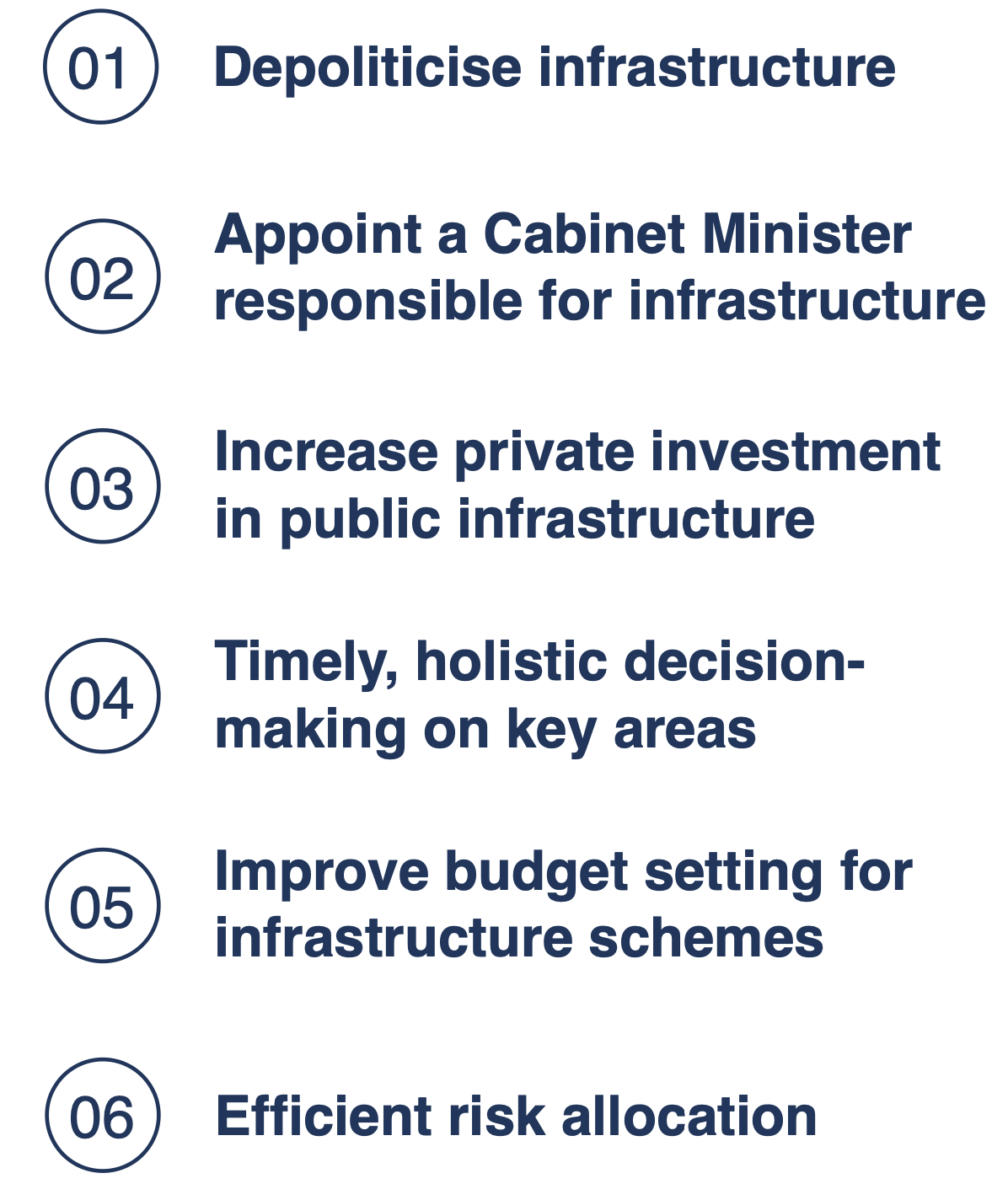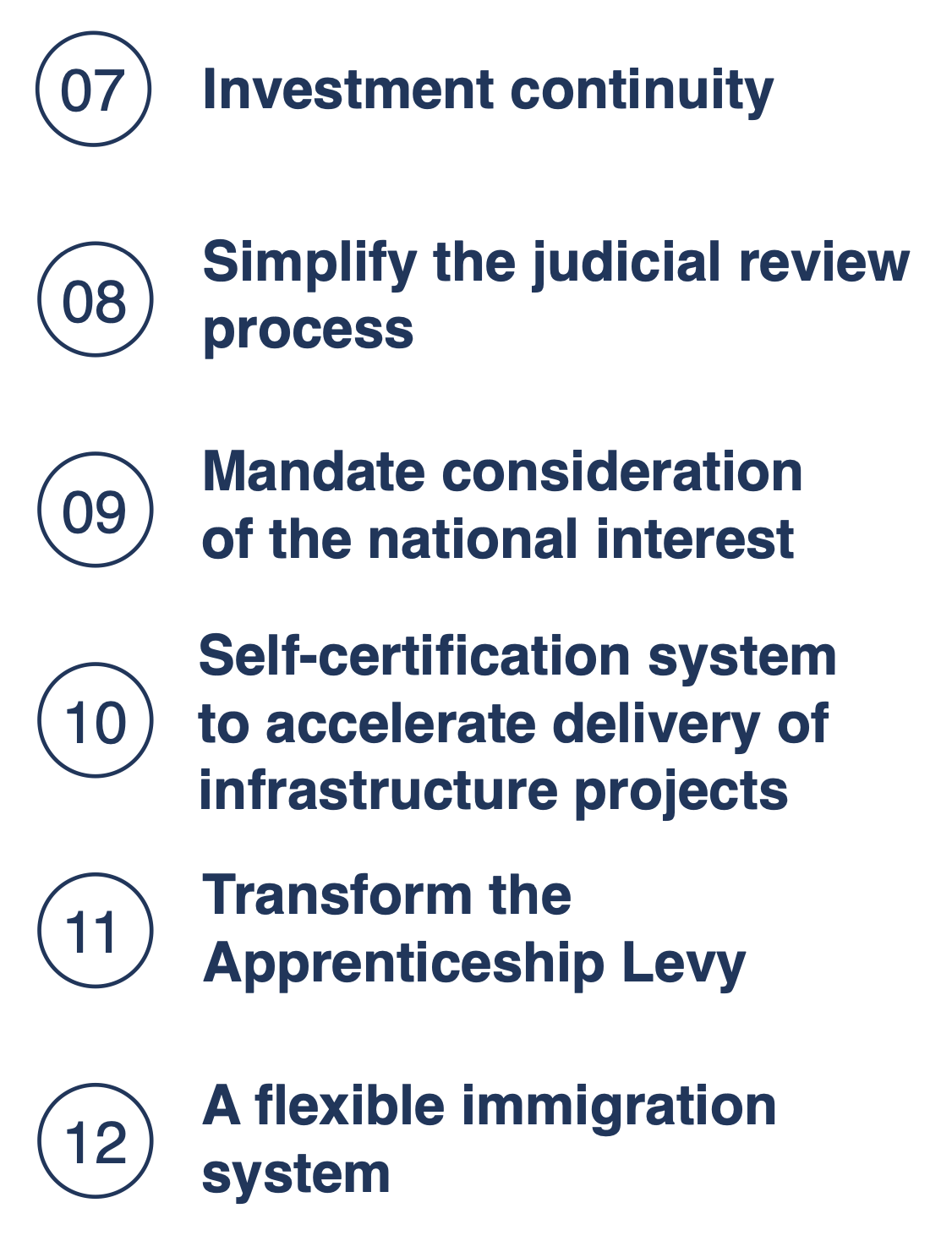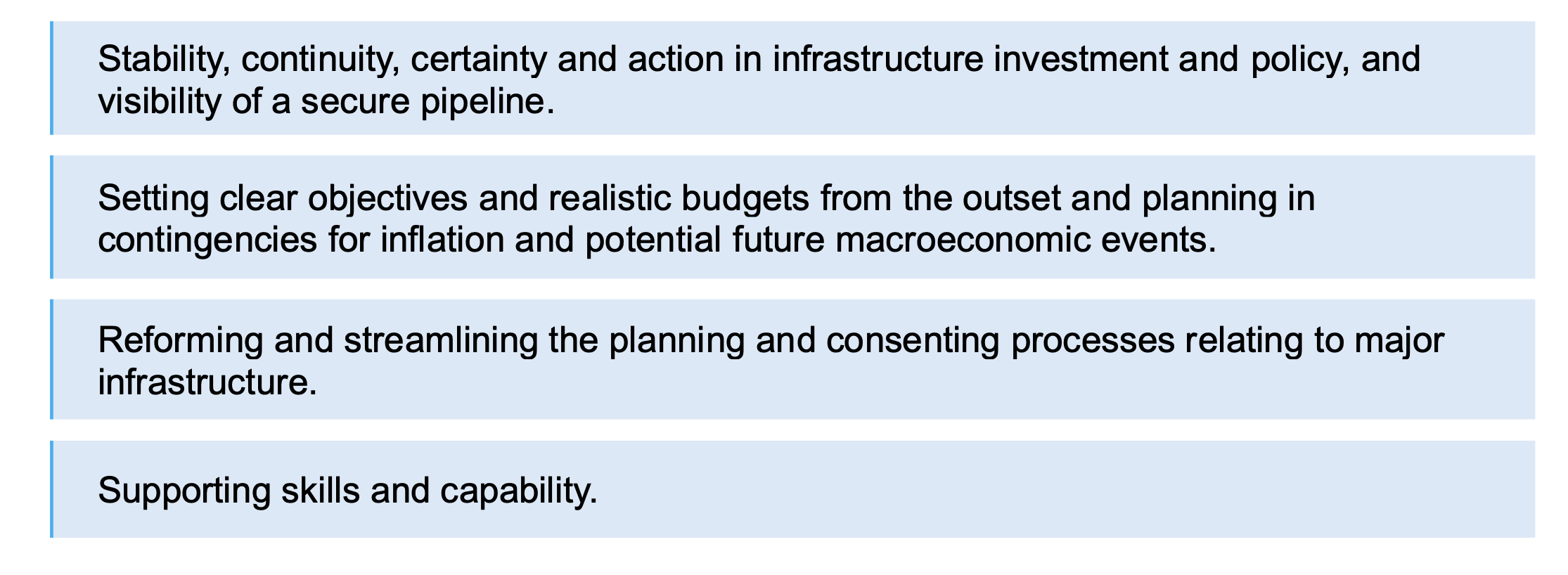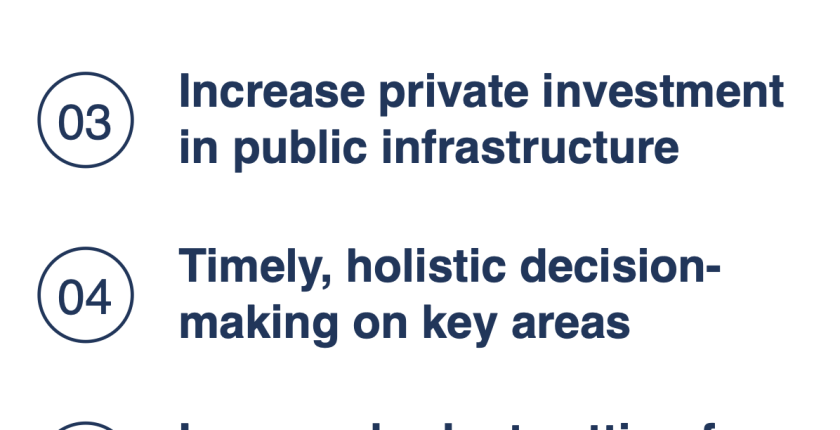Top 12 contractors call for more foreign workers
This post has already been read 1248 times!
Many tradesmen may be shocked to hear the headline that we need more foreign in workers who many are struggling for work at the moment maybe this is so the larger companies want to lower wages again like in 2004 when the first influx of workers lowers wages for many.
The report has been produced by Balfour Beatty includes 12 tier one UK infrastructure and construction contractors and consultants which have a collective annual UK turnover of over £25 billion and directly employ over 100,000 people across the UK.
The report highlights the need for a top down refurbishment of the way government works with the main contractors collectively, they have an annual UK turnover of over £25 billion and are proud to directly employ over 100,000 people across the length and breadth of the UK. The turnover can be factored by at least a three-fold economic impact, as infrastructure
investment generates significant wider economic benefit in the wider supply chain and communities,
It generates substantial employment, plays a critical role in shaping sustainable communities and improving quality of life, drives innovation and attracts investment, making it a cornerstone of the UK’s daily life. It is also central to the delivery of the unprecedented 244 projects within the current Government’s Major Projects Portfolio.


There is an established and clear correlation between investment in infrastructure and GDP
growth
1. Investing in infrastructure is also one of the most effective, efficient and sustainable
ways of spreading jobs and skills across the country, in addition to the equalising impact of
enhancing transport connectivity and improving energy and communication networks, for
example. Strategically, it is therefore imperative to improve the commissioning and delivery
of these schemes in order to drive the UK’s growth. Doing so requires alignment on a
number of key areas:

1. Depoliticise Infrastructure: Adopt the recommendations from the National Infrastructure
Assessment undertaken by the National Infrastructure Commission, commit to 30%
government funding for critical national infrastructure, and empower the National
Infrastructure Commission to lead the implementation of the strategy with a 10–20-year
horizon, underpinned by an act of Parliament.
2. Appoint a Cabinet Minister responsible for infrastructure: with a coordinating role
across the Government and a specific focus on ensuring delivery of both the 10–20-year
strategy and the addressing of barriers to the delivery of critical national infrastructure.
3. Increase private investment in public infrastructure: Address obstacles such as policy
stability and uncertainties in the planning system to attract more private investment in UK
infrastructure and consult on the development of a new financing mechanism to sustainably
replace PFI.
4. Timely, holistic decision-making on key areas: such as new nuclear, Carbon Capture,
Utilisation and Storage (CCUS), and offshore wind, to maintain momentum and give industry
and investors confidence, with strategic investments in supporting infrastructure such as
ports and key highways undertaken simultaneously.
5. Improve budget setting for infrastructure schemes: Re-evaluate decision-making
practices to ensure accurate estimations of costs, benefits, and completion times for major
projects, avoiding over-optimistic projections through
6. Efficient risk allocation: Allocate risks efficiently during project procurement to avoid
prolonged negotiations and ensure fair distribution of risk ownership.
7. Investment continuity: Avoid delaying investments in projects such as HS2 and Lower
Thames Crossing to prevent increased costs and uncertainty in the infrastructure sector.
8. Simplify the judicial review process: Simplify the process for automatically refusing
Judicial Reviews where a high-quality examination has already occurred during the DCO
(Development Consent Order) consultation and scrutiny, and establishing set timescales for
resolving Judicial Reviews and their redetermination processes to avoid delays.
9. Mandate consideration of the national interest: Giving local authorities and other
relevant public bodies a responsibility to consider the overall economic well-being of UK plc
as well as those of their own specific areas, as our collective fortunes are interdependent.
10. Self-certification system to accelerate delivery of infrastructure projects: Bringing
in a self-certification system on post-consent non-material changes in Nationally Significant
Infrastructure Projects (as was previously used by the Environment Agency on HS2), with
spot-check audits and any scheme found not to be adhering to the requirements receiving
increased scrutiny.
To red the full report please use this link


